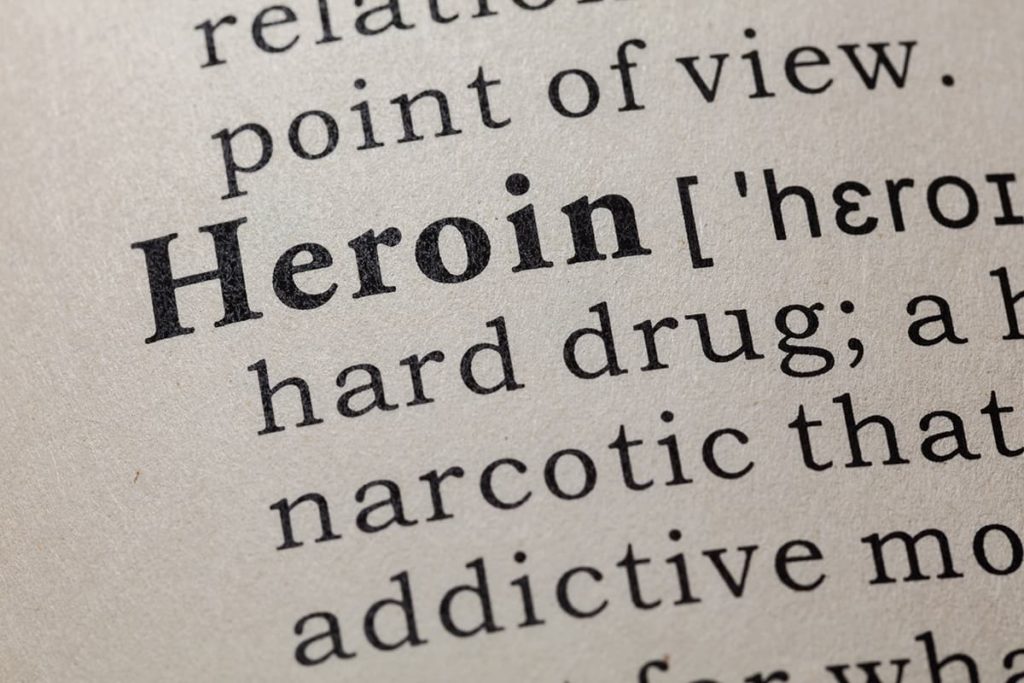The journey to recovery is a complex process that goes beyond initial drug and alcohol detox. For many, the early stages of sobriety are marked by acute withdrawal symptoms as the body rids itself of harmful substances. However, even after these initial symptoms subside, individuals may experience lingering emotional and physical challenges known as post-acute withdrawal syndrome (PAWS).
Understanding PAWS and its potential impact is crucial for maintaining long-term recovery. At The Ranch, we provide compassionate, evidence-based care to help individuals navigate these challenges and build a strong foundation for lasting sobriety. Call 1.844.876.7680 today to learn more about our comprehensive treatment programs.
What Is Post-Acute Withdrawal Syndrome (PAWS)?
PAWS refers to a set of withdrawal symptoms that persist after the acute withdrawal phase has ended. While acute withdrawal typically lasts a few days to a few weeks, PAWS can linger for months or even years. These symptoms are not just physical; they also include emotional and cognitive challenges, making it essential to address them holistically.
The exact duration and severity of PAWS vary depending on factors such as the substance used, the length of use, and individual health. Common substances associated with PAWS include alcohol, opioids, benzodiazepines, and stimulants.
Symptoms of PAWS
PAWS symptoms can be unpredictable and may fluctuate over time, making recovery feel like an emotional rollercoaster. Common symptoms include:
- Mood swings – Feelings of irritability, anxiety, or depression that seem to come and go without explanation
- Cognitive difficulties – Trouble concentrating, memory problems, and difficulty with decision-making
- Sleep disturbances – Insomnia, vivid dreams, or disrupted sleep patterns
- Physical symptoms – Fatigue, headaches, and sensitivity to stress
- Cravings – Persistent urges to use substances, even after a period of sobriety
Recognizing these symptoms as part of the recovery process can help individuals and their loved ones manage expectations and develop effective coping strategies.
Why Does PAWS Occur?
PAWS occurs as the brain and body adjust to functioning without substances. Long-term substance use disrupts the brain’s natural balance of neurotransmitters, particularly those associated with mood regulation and reward processing. Even after acute withdrawal ends, it can take time for the brain to return to a stable state.
Other contributing factors include:
- Underlying trauma – Emotional wounds from the past may surface during recovery.
- Nutritional deficiencies – Poor eating habits during substance use can delay physical and emotional recovery.
- Stress response – A heightened sensitivity to stress is common in early sobriety, exacerbating PAWS symptoms.
How to Manage PAWS Symptoms
Managing PAWS requires a comprehensive approach that addresses physical, emotional, and psychological well-being. Some effective strategies include:
- Therapeutic support – Engaging in individual or group therapy to provide tools for coping with emotional and cognitive challenges
- Healthy lifestyle changes – Regular exercise, a balanced diet, and sufficient sleep to promote overall well-being and reduce symptoms
- Mindfulness practices – Activities like meditation, yoga, and deep breathing to manage stress and promote relaxation
- Medication – Prescribed medications to alleviate specific symptoms, such as anxiety or sleep disturbances
- Building a support network – Connecting with peers in recovery through support groups or alumni programs to reduce feelings of isolation and provide encouragement
At The Ranch, we incorporate these strategies into personalized treatment plans to help individuals effectively navigate PAWS.
How The Ranch Supports Long-Term Recovery
Recovery doesn’t end with detox or initial treatment. At The Ranch, we recognize the importance of addressing challenges like PAWS to support lasting sobriety. Our approach combines evidence-based therapies with experiential programs to help individuals build resilience and develop the skills needed for lifelong recovery. Our serene Tennessee campus provides a tranquil environment where individuals can focus on healing and rediscovering their best selves.
Contact The Ranch for Support
If you or someone you love is experiencing challenges in recovery, including symptoms of post-acute withdrawal syndrome, know that help is available. At The Ranch, we offer compassionate, individualized care to address every stage of the recovery journey. Whether you’re just beginning treatment or need ongoing support for managing PAWS, our team is here to help.
Contact us today at 1.844.876.7680 or visit Recovery Ranch online to learn more about how we can support you. Together, we can navigate the path to lasting wellness and a brighter future.



